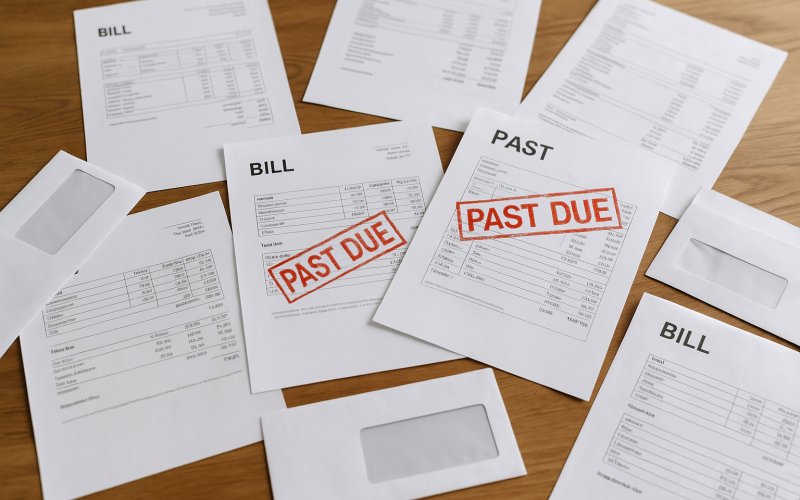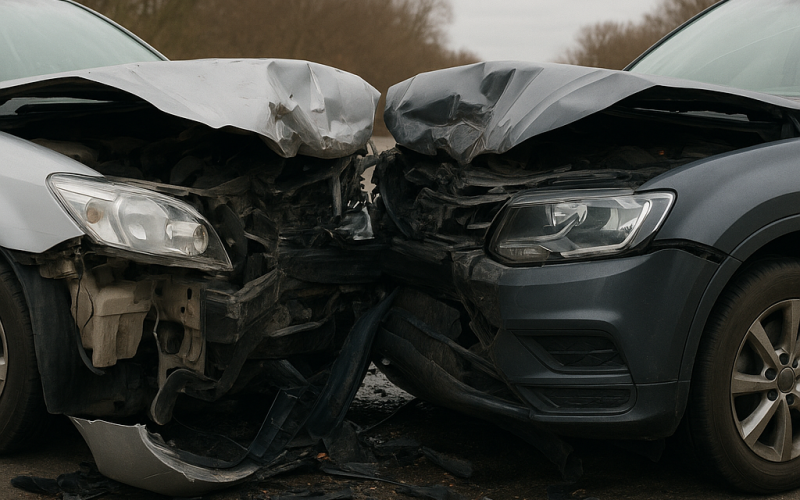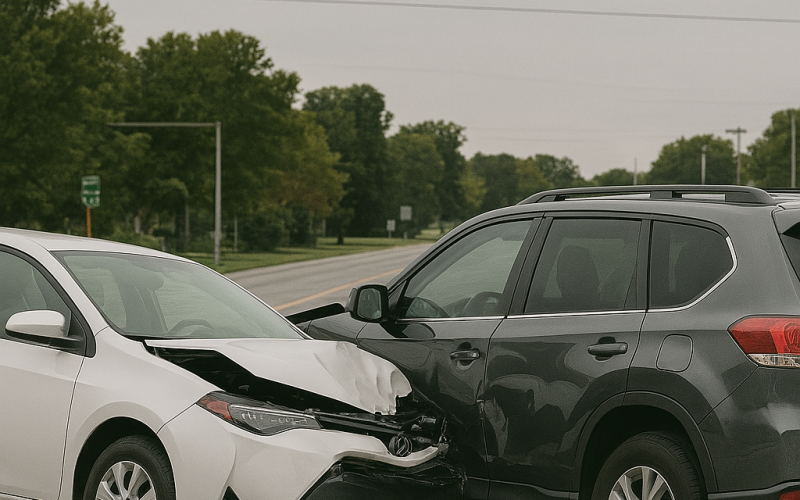Noneconomic Damages in a South Carolina Personal Injury Case



You may be entitled to compensation if you or someone you love has sustained a life-altering injury because of someone else’s negligence. The injury attorneys at HawkLaw are here to protect your rights.
What is Considered Pain and Suffering in an Injury Case?
In a legal sense, pain and suffering is broadly defined as the physical, mental or emotional damage or distress an individual incurs from an injury. In the instances that injury resulted from negligence, the injured party may be able to recoup special damages for those losses.
Pain and Suffering Damages: Defined
Damages for pain and suffering are typically broken down into two categories: economic and noneconomic. Economic damages are defined as monetary losses, such as medical expenses or lost wages. Noneconomic damages are intangible losses, which are calculated by monetizing the value of a victim’s pain and suffering since the injury. These damages can also be projected into the future, taking into consideration the value of that loss over the duration of an individual’s life.
Intangible losses often create more harm than clear-cut economic losses because they can impact future earnings, negatively affect interpersonal relationships, and can cause lasting mental and emotional damage.
South Carolina defines non-economic damages as the following:
- Pain and suffering
- Inconvenience
- Physical limitation or disfigurement
- Mental and emotional distress
- Loss of companionship
- Injury of reputation or humiliation
There are limitations to non-economic damages under South Carolina law. There is a specified time frame a claimant has to file suit, and award limits are capped based on the type of lawsuit and the number of claimants involved in litigation. Punitive damages, which are sums allotted in excess of a standard award, are also capped under South Carolina Law.
Limitations to non-economic damages are as follows:
- Statute of Limitations: For most personal injury cases, there is a three year statute of limitations.
- Malpractice: The award cap is $350,000 per defendant, with a $1.05 million overall cap.
- Punitive Damages: The cap is $500,000 or three times the actual damages, whichever sum is greater.
- Government Claims: There is a $300,000 award cap on claims made against the government.
Special note regarding the negligence standard: A claim is not valid if the claimant is more than 50% negligent in the incident. The claimant’s level of negligence is up for interpretation. A judge or jury will eventually make a final determination based on evidence provided in court.
How to Calculate Non-Economic Damages in South Carolina
Calculating these non-economic damages can be more complicated because they don’t have the same set value that something like car repairs may have. You aren’t able to simply look up the costs of your emotional suffering like you may with medical bills.
There is no clear rule defining how much someone’s pain and suffering may be worth. Typically, a judge or a jury will take into consideration a myriad of factors surrounding the circumstances of your injury – including the degree of negligence involved, and the level of pain and suffering you have endured (or will likely endure in the future).
Instead, you’ll need to calculate your non-economic damages by finding the severity of your losses and the impact of those losses. For example, let’s say you lost use of your hand in a car accident. That’s a traumatic loss for anyone, but for a concert pianist, that could be the end of their career.
When you’re the one suffering these losses, it can be difficult to take an objective look at these losses. Fortunately, your lawyer can help you find the worth of your non-economic damages. Read more here on what to do if you are unable to afford an attorney.
Some of the latter considerations will also depend on your age; a permanent lifelong injury to a 23-year-old would likely be worth more in damages than that same injury to a 103-year-old person. A pro athlete in his or her prime, with potentially tens of millions of dollars in earnings and endorsement deals on the table, who suffers a career-ending injury due to third party negligence (not sporting related), would likely be worth more than if the same accident happened to a teacher or an accountant.
Conclusion
It’s important to know your rights under the law, and to document every aspect of your injury. Seek medical treatment immediately. Follow the advice of the medical professionals handling your care. Keep and organize all of your bills and correspondences related to the injury, including insurance claims, bank statements, medical records, and related emails. Those documents can back up the pain and suffering you’ve endured. Contact an experienced personal injury attorney in South Carolina by calling 888.HAWK.LAW or through our contact page! HawkLaw fights to win!
John D. Hawkins
John Hawkins is the Founder and CEO of HawkLaw He has been licensed to practice law in South Carolina since his graduation with honors in 1994 from the University of South Carolina School of Law, where he was on the Law Review and Order of Wig and Robe.
-
$3,000,000*SettlementTrucking Accident
-
$1,005,000*SettlementCar Accident
-
$575,000*SettlementPersonal Injury
"*" indicates required fields









